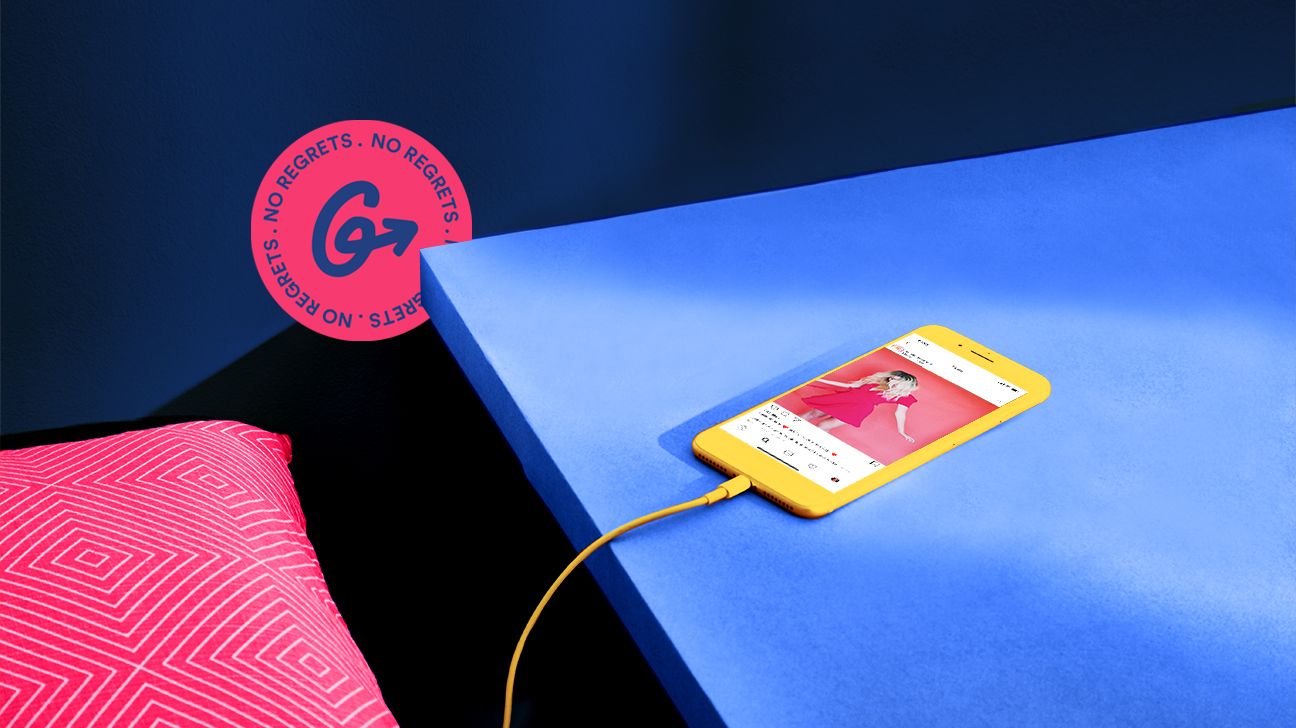
“What a whore.”
That was the first hate comment I ever had from a stranger on the internet.
It was like a knife in my heart. “WHAT??!” I thought. “I’m a good person! @CRITICWHOWONTSHAREHISREALNAME needs to know that! He has me all wrong! How do I set it straight? Have I made a big mistake? Should I get off the internet altogether now? WHAT DO I DO?”
All day that day, I felt sick. Nothing could soothe me.
I was just starting out as a life coach and was writing articles about overcoming hard things. I wrote about being divorced in my 20s and (surprise!) there was still a happy ending. Life isn’t over once you get divorced.
It seemed a lot of people online, largely men, didn’t like a woman being OK after her marriage ended.
I called my mum and, in her thick Polish accent, she said, “Susan! Why do you put your stories out there so people can say mean things to you? Protect yourself!”
She was trying to keep me safe. I get it. I want to protect the people I love from pain too.
For a while, it made sense. But, not long after resolving to spare myself from hate by stopping doing what I love (writing and teaching through personal experiences), something felt off.
It felt like I was betraying myself in order to satisfy the likes of people like @CRITICWHOWONTSHAREHISREALNAME. My inner being tugged at me. I didn’t need to change what I was doing, I needed to change what I was thinking.
This was affirmed when I got a letter from a woman of a similar age as me telling me she had been on the cusp of leaving her emotionally abusive husband for 2 years. She said my article gave her the courage to make the decision. And that I gave her the hope she needed to move on.
Here’s the three lessons that my online critic and many haters since that day have taught me:
If someone doesn’t like you, it means you’re doing something — Brava!
Whether what you are doing is “good” or “bad” is always filtered through a deeply personal lens. And so, the only way to not be disliked is not to do anything at all. Not to speak. Not to have an opinion. Not to take up any space at all. Is that the way to spend a lifetime — invisible?
It’s 100 percent impossible to please everyone
Yes, I was taken aback at how, even in modern times, my divorce offended people. But it gave me an odd, unexpected permission somehow in the form of a reality check. If divorce is not allowed via some peoples’ lens, then it’s not a lens that has to occupy any power in the corner of the world that I touch.
A friend said to me around that time, “Susie, there are people in this world who argue that women shouldn’t walk the street without a male guardian. And that homosexuality is a mental illness. And heck — that aliens are controlling our every move from another planet. Good luck pleasing the whole world if you think for a second that’s possible!”
She was right. It’s not possible. You can never, ever (ever), please everyone. So building your own integrity is following through on what pleases and feels right for you.
Real confidence isn’t what you experience when everyone likes you — it’s simply being OK when they don’t
We get confidence wrong. We think it’s the chatty extrovert. The person winning at work. The party guest who dazzles or the person on Insta who has all the likes. But it’s not defined by any of those things. It can, in fact, be very quiet.
Confidence is this: the willingness to experience rejection, embarrassment, being “wrong,” disliked, uninvited and/or feeling any other negative emotion. Because many of us will do anything to avoid pain. We’ll contort ourselves to temporarily be approved of by others. We’ll yield to our well-meaning mother’s opinion, change or delete the post that someone didn’t like, take into account feedback from a stranger. We don’t have the courage to be disliked.
And so confidence is the courage of not always being liked — and still getting on with it.
If you can experience negative emotions and still keep going, well, you’re sort of unstoppable. And what if you remembered that those uncomfortable emotions are temporary, always? They pass. And they won’t kill you. In light of this, what might you allow yourself to do?
Sorry, mum. I never stopped putting my personal life out there. Because I’ve got my own back. And my inner “like” button is the loudest.
Susie Moore is Greatist’s life coach columnist. Pre-order her new book Stop Checking Your Likes, here!
